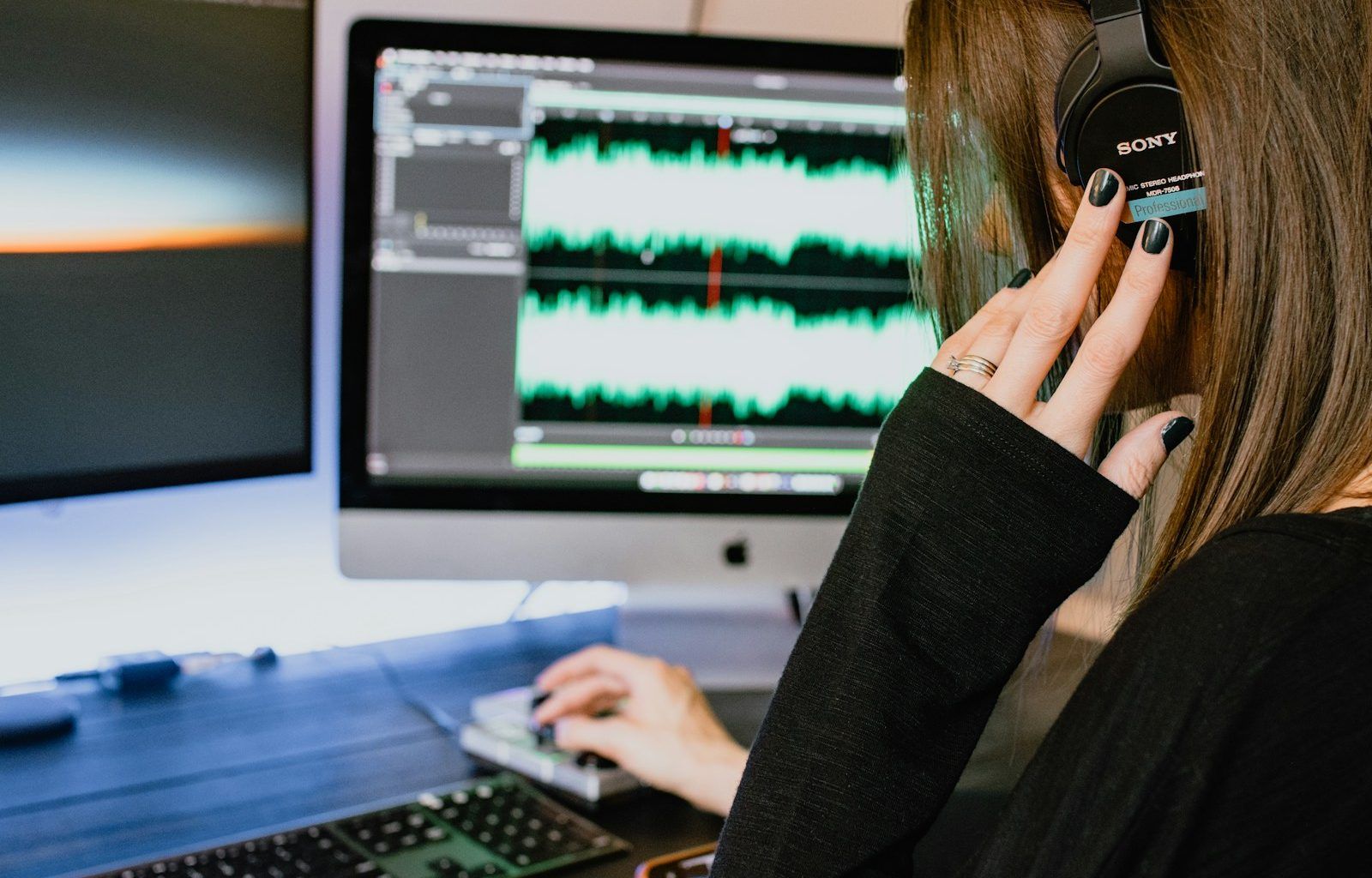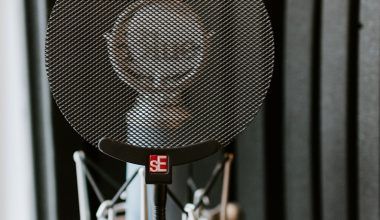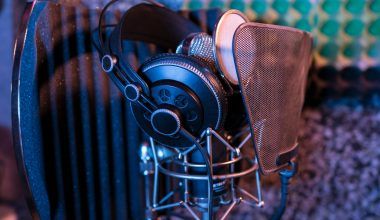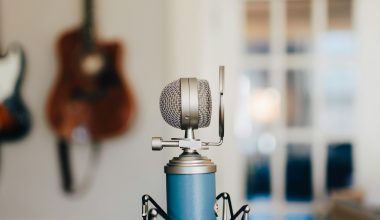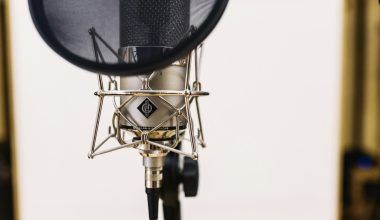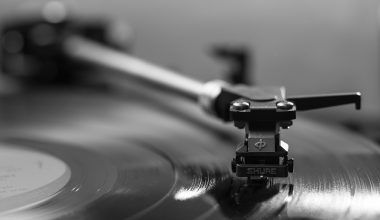In our everyday lives, the term “recording” comes up often. Whether it’s about capturing a memory, creating music, or taking notes, recording plays a huge role in how we preserve and share information. But what does recording truly mean, and how does it affect us in our daily lives? This blog dives into the recording meaning and explores its importance with simple, relatable examples.
What Does Recording Mean?
At its core, recording meaning capturing information, events, or experiences so they can be stored and retrieved later. It’s like creating a snapshot of a moment, whether it’s through writing, audio, video, or other means. Think about the last time you saved something important—a voice memo, a photo, or even a text message. That’s recording in action. It’s all about preserving details that matter for the future.
Recording isn’t just limited to technology. Humans have been recording since ancient times, from cave paintings to written scripts. It’s one of the most natural ways we document our existence and communicate across generations.
Why Is Recording Important?
Recording has countless benefits. It allows us to capture fleeting moments, document history, and share stories. Imagine if people hadn’t recorded significant events from the past. We wouldn’t know about historical figures, scientific discoveries, or cultural milestones.
Recording also helps in everyday tasks. For instance, taking notes during a meeting ensures you don’t forget key points. Recording your favorite song ensures you can listen to it anytime. It’s a way to make sure that what’s important stays with you.
Types of Recording in Everyday Life
Recording can take many forms, and understanding its variations helps you use it better:
- Audio Recording: This includes voice notes, podcasts, or songs. Audio recordings are perfect for capturing conversations or creating something artistic.
- Video Recording: Whether it’s a family vacation or a business presentation, video recordings bring moments to life visually and audibly.
- Written Recording: Journals, notes, and emails fall under this category. Writing things down is one of the simplest and most effective ways to record.
- Digital Recording: With smartphones and computers, digital recording has become the most versatile form. From screenshots to file saving, digital tools make recording fast and accessible.
How Technology Has Changed Recording
Over the years, technology has transformed how we record things. In the past, people relied on pen and paper or large tape recorders. Now, we have smartphones that fit in our pockets and can record audio, video, and even data in seconds.
Apps like Google Keep or Evernote make it easy to jot down thoughts. Voice assistants like Siri or Alexa can record reminders with just a simple command. Technology has not only made recording faster but also more convenient and fun.
Everyday Uses of Recording
You might not realize it, but you record things almost every day. Here are some examples:
- Making grocery lists: Writing it down ensures you don’t forget the essentials.
- Capturing memories: Clicking photos or making videos during special occasions keeps those memories alive.
- Recording lectures: Students often record lectures to revisit and understand the material better.
- Saving receipts or documents: Scanning or taking pictures of important documents is a type of recording that ensures safe storage.
The Human Side of Recording
Recording is more than just a technical task; it’s deeply personal. When you write a diary entry, it’s your way of preserving your thoughts. When you take a photo with friends, you’re capturing emotions and relationships. Recording helps us connect with the past, celebrate the present, and plan for the future.
It’s also an act of creativity. Artists record music, writers record stories, and filmmakers record visual narratives. Every form of art relies on recording to bring ideas to life.
Challenges of Recording and How to Overcome Them
While recording is beneficial, it’s not always straightforward. Sometimes, we forget to hit the record button or lose what we’ve recorded. Other times, organizing recorded content becomes overwhelming.
Here are some tips to tackle these challenges:
- Be prepared: Always check your recording device before starting.
- Organize files: Use folders or apps to keep recordings easy to find.
- Back up your data: Cloud storage services like Google Drive ensure your recordings are safe even if devices fail.
- Label everything: Clear labels make it easy to understand what a recording contains.
The Emotional Value of Recording
Think about the last time you listened to an old voice message from a loved one or watched a childhood video. Recording goes beyond just capturing moments; it preserves emotions. It allows us to relive experiences and reconnect with people and places.
For many, recording is therapeutic. Writing in a journal helps process emotions. recording meaning music allows for creative expression. These activities are not just practical but also deeply fulfilling.
Recording in Professional Life
In the workplace, recording is a key tool for productivity. Whether it’s documenting meeting minutes, creating presentations, or archiving emails, recording ensures clear communication and accountability. Many companies rely on recording to streamline operations and maintain records for future reference.
For creative professionals, recording is even more vital. Musicians, filmmakers, and content creators depend on recordings to produce and share their work. It’s an essential part of the creative process.
The Future of Recording
As technology continues to evolve, the future of recording looks exciting. Innovations like virtual reality (VR) and augmented reality (AR) are taking recording meaning to a new level. Imagine recording an experience in 3D, where someone can walk through a moment as if they were there.
Artificial intelligence is also playing a role. AI tools can now transcribe audio recordings instantly, making it easier to turn spoken words into written text. These advancements make recording not just easier but also more dynamic.
How to Make Recording a Habit
If you want to get better at recording, here are a few simple steps to follow:
- Carry a notebook or use your phone: Always have a tool ready to capture ideas or moments.
- Practice regularly: The more you record, the better you’ll get at it.
- Review your recordings: Take time to revisit what you’ve captured. This helps you understand its value and improve your methods.
Recording meaning goes beyond its dictionary definition. It’s about preserving, expressing, and sharing. When you think of recording, remember that it’s a way to connect with yourself and the world around you. So, start recording today—you never know which moments will turn into treasures tomorrow.
For further reading, explore these related articles:
- AAC vs WAV: Which Audio Format is Right for You?
- Understanding the Different Types of Royalty in the Music Industry
For additional resources on music marketing and distribution, visit DMT Records Pvt. Ltd..
